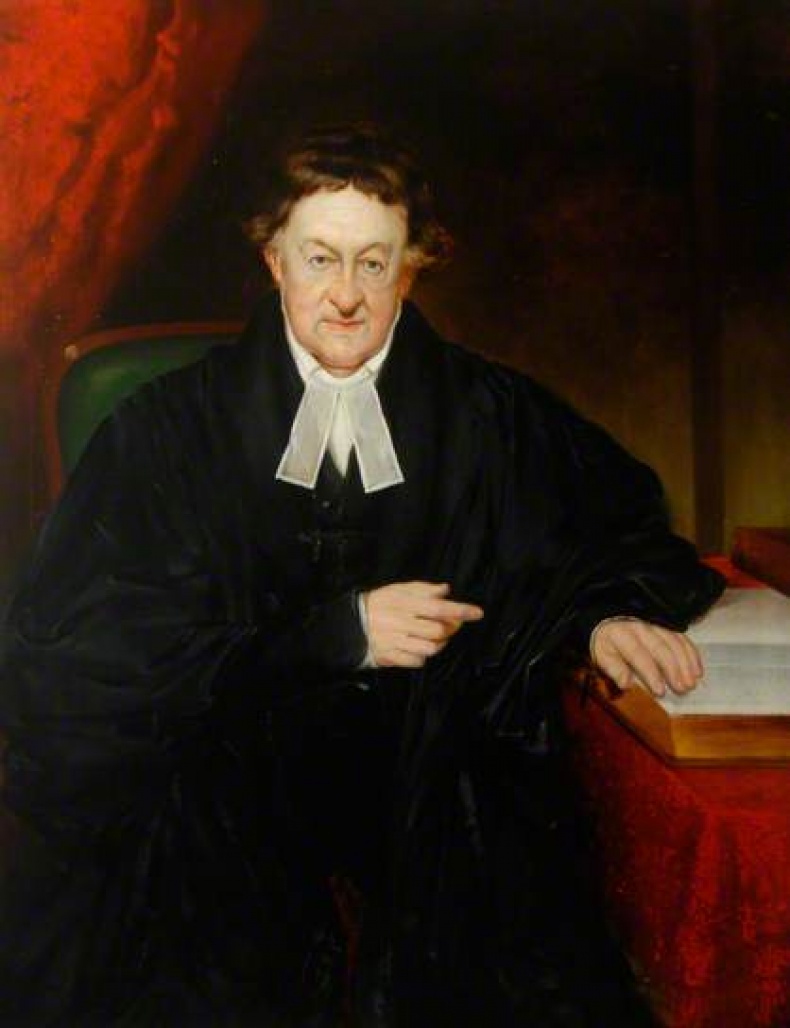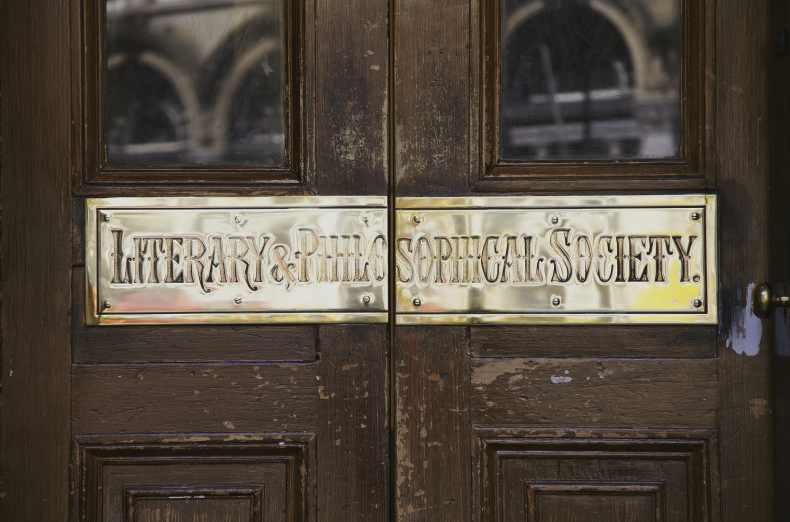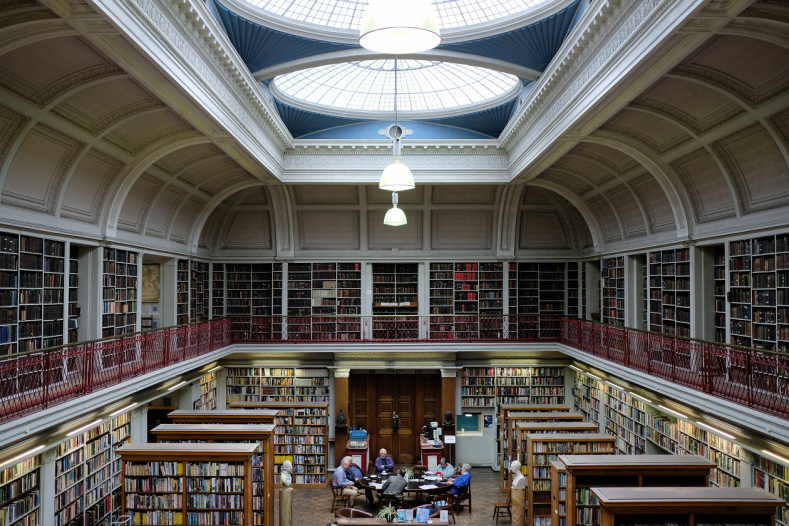


Turner, Reverend William
1761-1859
Unitarian Minister
William Turner was born in Wakefield, educated in Warrington Academy and Glasgow University, and died in Manchester. However, he lived most of his adult life in Newcastle before his retirement in 1841 and had a deep and enduring impact on life in the North East. His father, William Turner (1714-1794), was also a Unitarian minister and friend of the eminent scientist and theologian Joseph Priestly (1733-1804). Both men had a strong influence on William Turner’s theology and outlook. He believed in practical action founded on rational thought as the best means of helping his congregation. He produced and disseminated sermons, participated in national debates on literature and social reform, corresponding with authors like Elizabeth Gaskell. By all accounts, William was popular as a preacher and highly respected in Newcastle society. Gaskell allegedly based the benevolent character of Reverend Thurston Benson on William in her novel Ruth (1853).
Turner was prominent in the Newcastle anti-slavery movement of the 1790s and he helped found the ‘Auxiliary Bible Society’ in 1809, bringing together influential members of North East society for religious conversation. A separate women’s only society was established ten years later. His brilliance as an orator and his religious-rationalist passion for social reform attracted many of the leaders of Newcastle society to his church, including newspaper proprietor Thomas Hodgson and ironmaster Thomas Bell.
Turner lived in Hanover Square nearby the Unitarian chapel in central Newcastle. At his church, he built and stocked a small library. In 1784 he founded a Sunday school, the first in Newcastle and one of the first in England followed by a day school in Percy Street that eventually became part of the famous Percy Street Academy run by Dr John Collingwood Bruce. In 1810 he founded the Royal Jubilee School. Located in Sandgate, one of the most deprived areas of the city, the school used the ‘monitorial’ peer-learning system to teach literacy to large numbers of poor children. Turner’s educational initiatives and those of other philanthropists helped raise the level of literacy in Newcastle and the North East generally to above the national average by the early nineteenth century. In 1824 he worked alongside George Stephenson to found the Newcastle Mechanic’s Institute to further the cause of adult education in the city.
Turner’s most enduring philanthropic legacy, however, is the Newcastle Literary and Philosophical Society in whose foundation and early operations he played a leading role. As one of Newcastle’s oldest and most enduring cultural institutions, the ‘Lit and Phil’, as it is now called, began as a conversation club and library in 1793. Turner served as Secretary for many years and gave 600 lectures, many on scientific topics, over the course of thirty years. The society was for long the epicentre of intellectual and social life in Newcastle, spawning other civic societies, including the Society of Antiquaries (1813), the Natural History Society (1829), and the North of England Society for the Promotion of Fine Arts (1836).
References
Auxiliary Bible Society. Available here (Accessed: 27/06/2018).
Harbottle, S. (1997). The Reverend William Turner: Dissent and Reform in Georgian Newcastle upon Tyne, Abingdon: Routledge.
Lit and Phil History, Available here (Accessed: 27/06/2018).
Lomas, R. (2009). An encyclopaedia of North-East England, Edinburgh: Birlinn Ltd, pp. 178, 269.
Webb, R.K. (2004). Turner, William 1788-1853, Available here (Accessed: 27/06/2018).